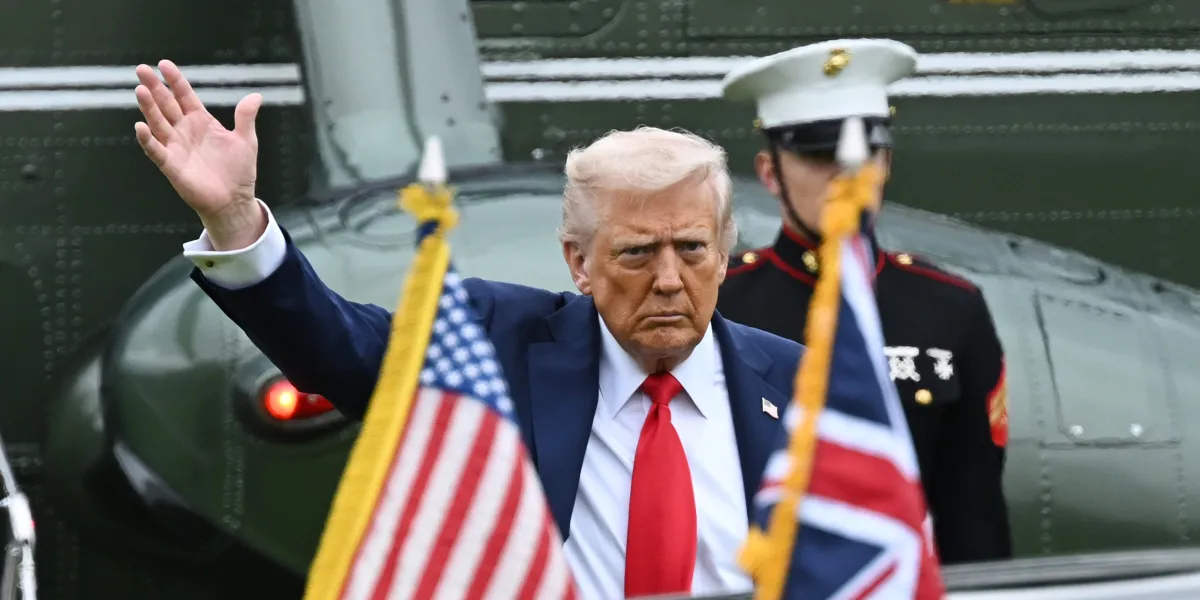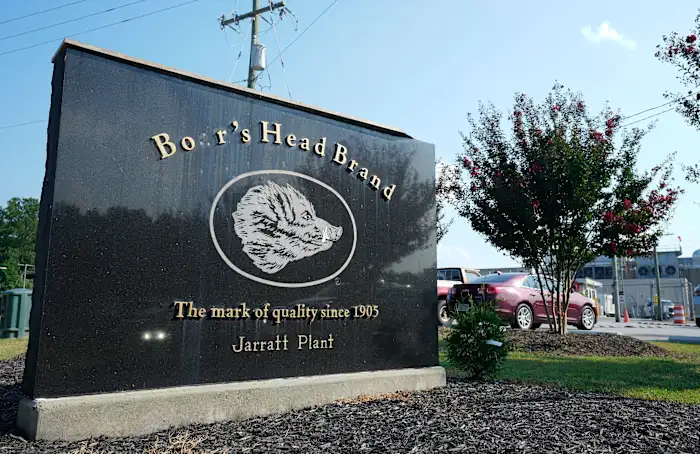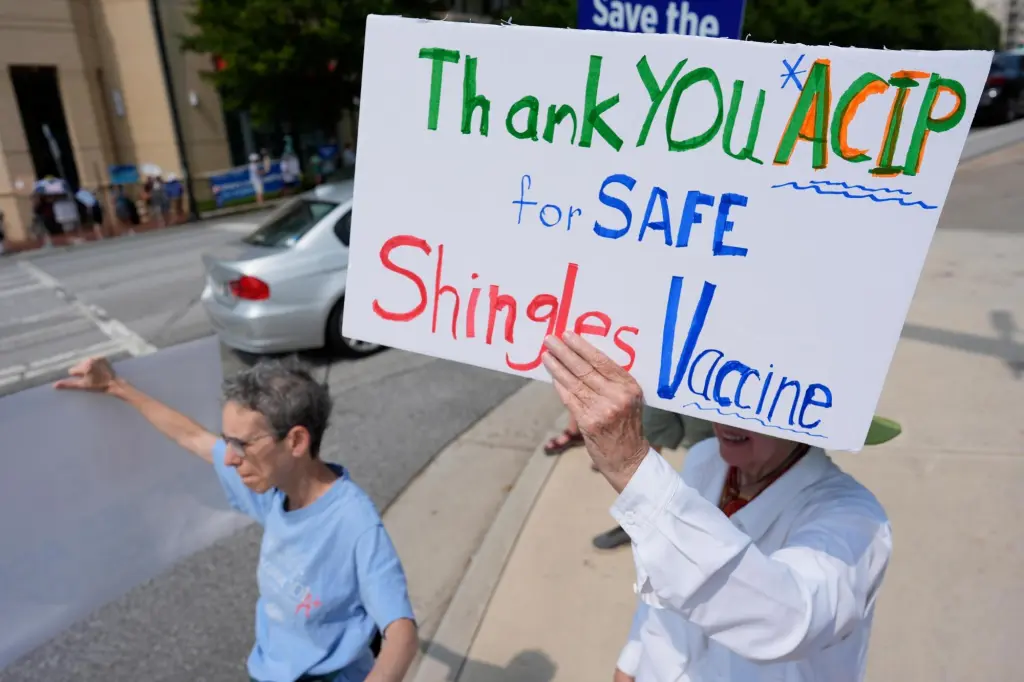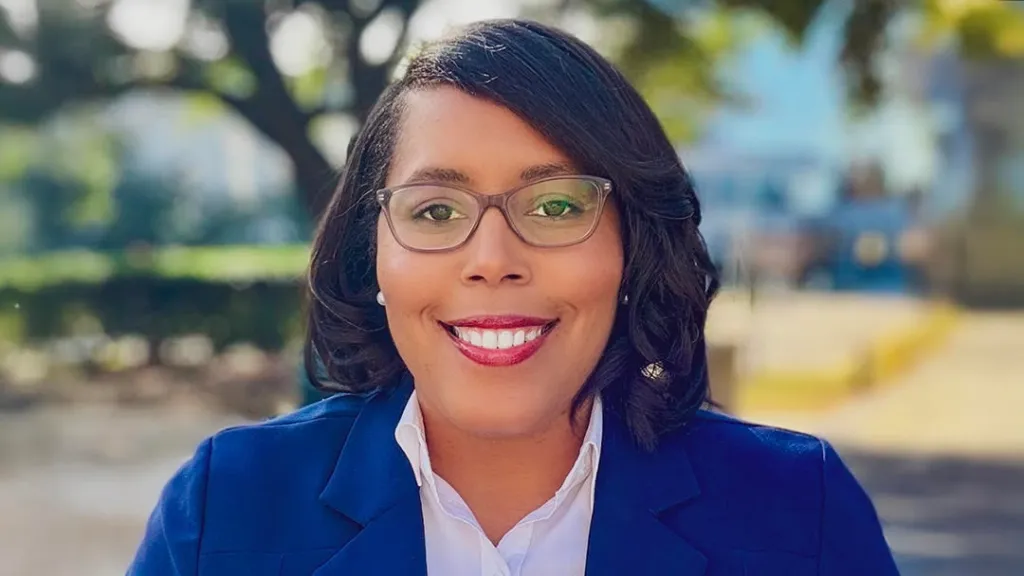
Multibillionaire investor George Soros is not funding a network of militant left-wing activists. That fact has not stopped President Donald Trump from spending the days since Charlie Kirk’s killing calling to press charges against the liberal philanthropist under the Racketeer Influenced and Corrupt Organizations, or RICO, Act for allegedly bankrolling “violent” leftist protests across the country.
This absurd idea is among an array of repressive proposals, ranging from the illegal to the unconstitutional, that Trump and his acolytes have pulled from a cartoonishly blatant playbook of fascist scapegoating — conspiracies of Jewish dark money and all. The Trump administration will likely fail to bring successful prosecutions against the disparate liberal and leftist individuals and organizations they see as a well-funded criminal network. But we are long past the point of pretending the administration will be bound by law, or tethered to factual reality, when it comes to achieving its broader authoritarian goals.
Trump announced on Wednesday night, for example, that he was designating antifa a “major terrorist organization.” The proclamation, posted on Truth Social, is senseless in a number of ways.
Firstly, as has been stated ad nauseam, there is no such organization as “antifa” — an abbreviation of “anti-fascist” — which is a set of practices and militant tactics, deployed by activists for nearly a century. There are groups who come together under the “antifa” banner, but there is zero centralized leadership or membership structure. Secondly, the U.S. has no statutes under which groups are designated domestic terror organizations.
Some might recall Trump’s very similar announcement during the 2020 George Floyd uprisings, when he took pains to target left-wing activists and discredit the Black-led movement. At the time, his tweet did not call into being a non-existent domestic terror statute against a non-existent organization.
It should not be overlooked that since Trump’s first term, all significant efforts to collectively prosecute social justice movements have failed.
On Trump’s 2016 Inauguration Day, over 200 anti-fascist “J20” protesters were mass-arrested and hit with hefty felony riot charges based on no more than presence at the protest; the charges were later dismissed or dropped en masse. Just last week, a judge in Fulton County, Georgia, announced that he was dismissing overreaching RICO charges against 61 participants in the Atlanta-based Stop Cop City movement. The prosecutors’ two-year effort to frame the protest movement as a criminal conspiracy collapsed.
Having reported directly on both the J20 and Stop Cop City cases, I saw firsthand the toll a lengthy prosecutorial process can take on defendants, their supporters, and the entire targeted movement. Prosecutions need not lead to convictions to ruin lives and decimate social movement capacities; federal investigations do not need to have factual basis for their targets to be harassed and intimidated; First Amendment-protected speech can still get you fired. Fear spreads, cowardice abounds, and the real risks of state and state-sanctioned persecution hang over targeted communities.
The Atlanta RICO case may have been, as political scientist Joseph Brown told The Guardian, “probably the highest-profile failure of using conspiracy charges to indict a protest movement,” but even malicious prosecutions drain movement resources, both material and emotional, while directly keeping defendants from movement work.
What these cases nonetheless made clear is that collective persecution must be met with collective defense. None of the J20 or Atlanta defendants collaborated with prosecutors or took deals that entailed throwing other movement participants under the bus. Without compliant targets, the meritless cases fell apart.
We are today in a very different moment than in Trump’s first term, when the president first attempted to frame antifa as a catch-all boogeyman. Trump’s lawless speech acts are now taken as marching orders by his loyalists in government, law enforcement, and the judiciary.
We have seen the readiness with which institutions will sacrifice their employees and affiliates under to appease the president. For failing to sufficiently tow the regime line on canonizing Kirk, ABC pulled comedian Jimmy Kimmel from the air, and the Washington Post fired columnist Karen Attiah. Dozens of workers — including teachers, airline workers, professors, and post office employees — have been fired or placed on leave for online comments deemed wrongspeak about Kirk or his murder. Meanwhile, university administrations nationwide, from Columbia to the University of California, Berkeley, continue to model genuflection and complicity in firing, censuring, and expelling scholars and students for protesting Israel’s genocide.
Trump and his followers’ paranoid projections about a Soros-funded radical left fostered in the Marxist laboratories of U.S. higher education and represented by the Democratic Party are laughably delusional. The tragedy, though, is that while Trump’s chaotic and maximalist crackdown strategy aims to target centrist liberals alongside leftist activists as an imagined whole, there’s little promise that establishment liberal figures and organizations will act with the integrity and solidarity it takes to rebuff such attacks. To neglect to do so would be a grave mistake, morally and strategically, when clear lessons of collective defense are there to be learned.
Trump’s conspiracy about a networked, well-funded greater left is a fiction; a united front against fascism shouldn’t be.



